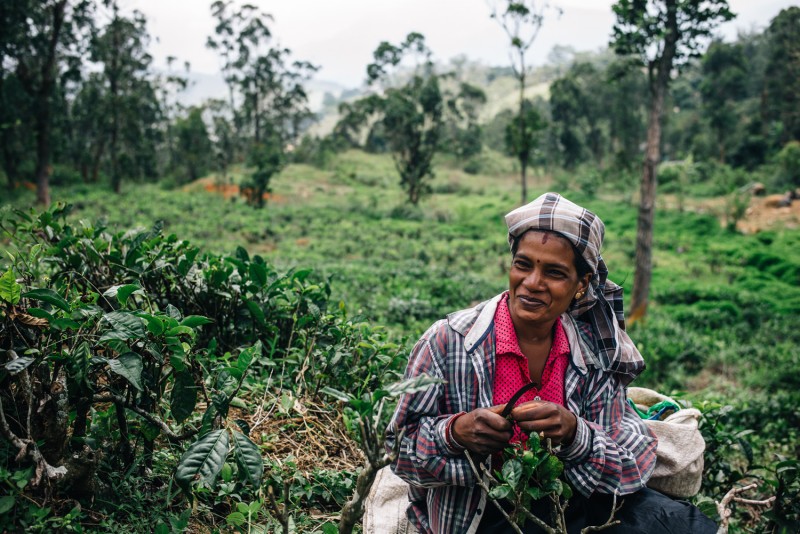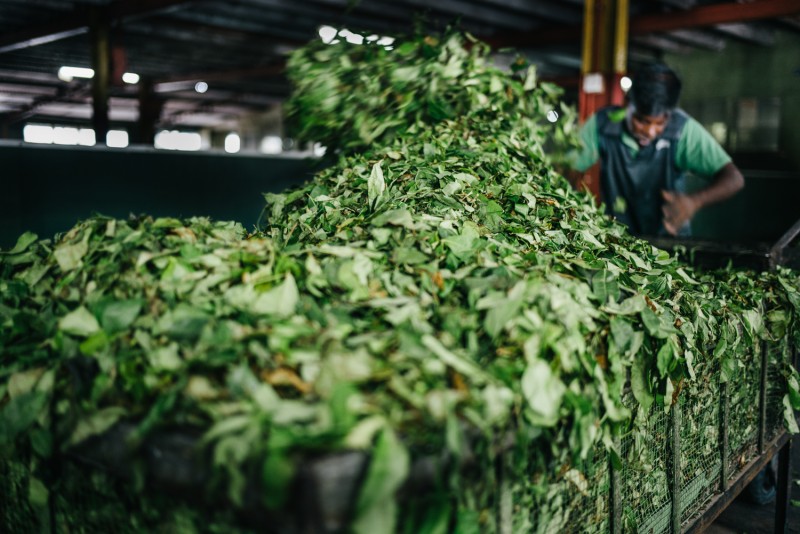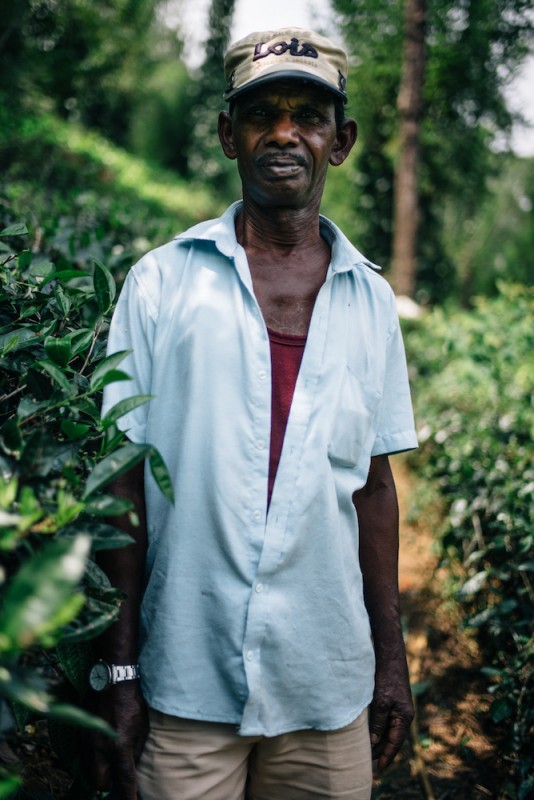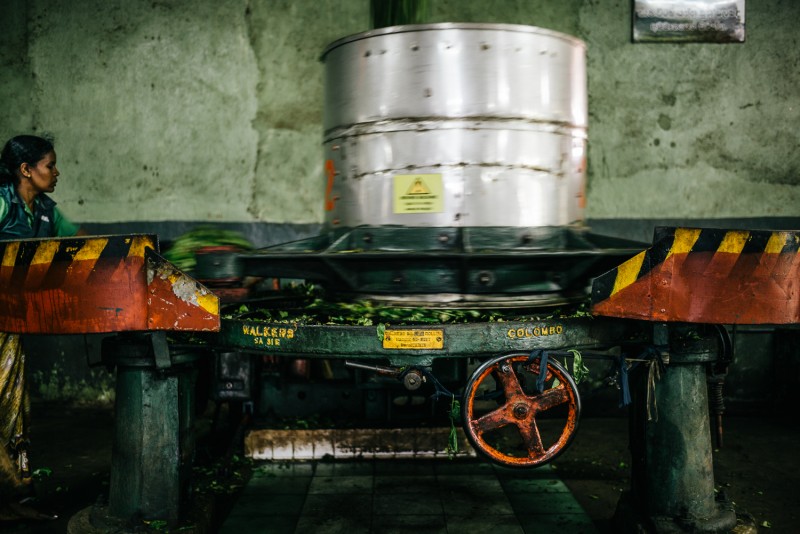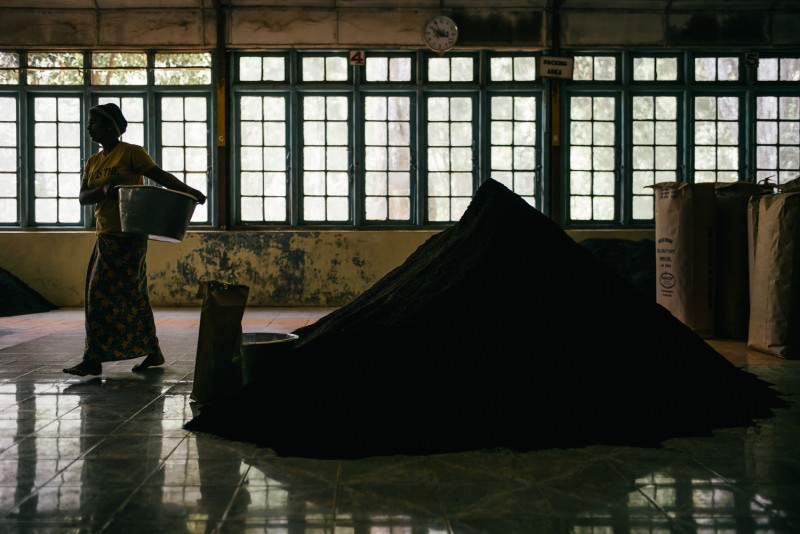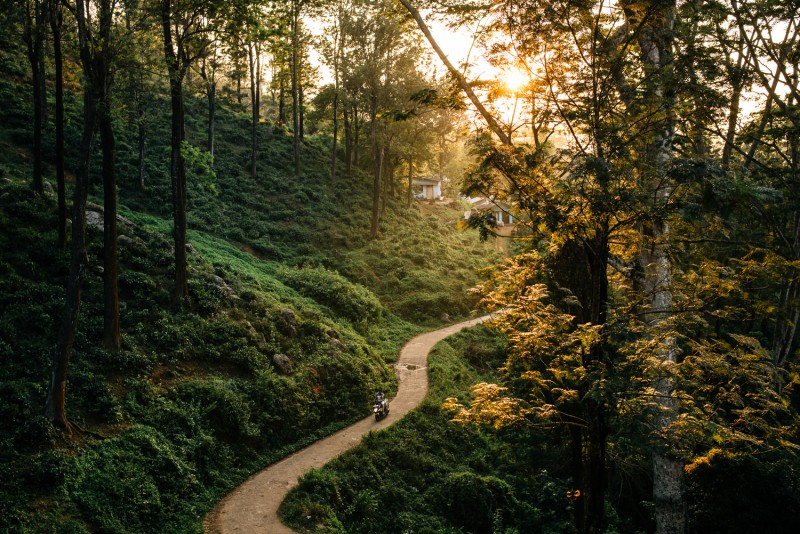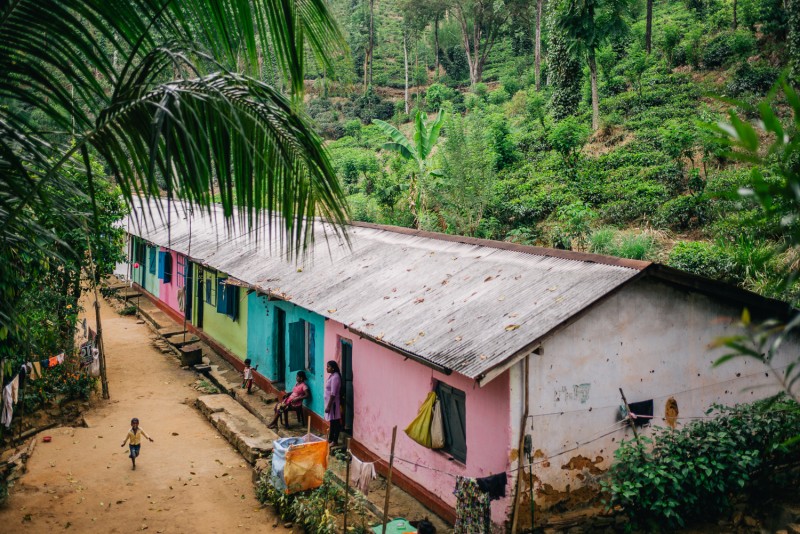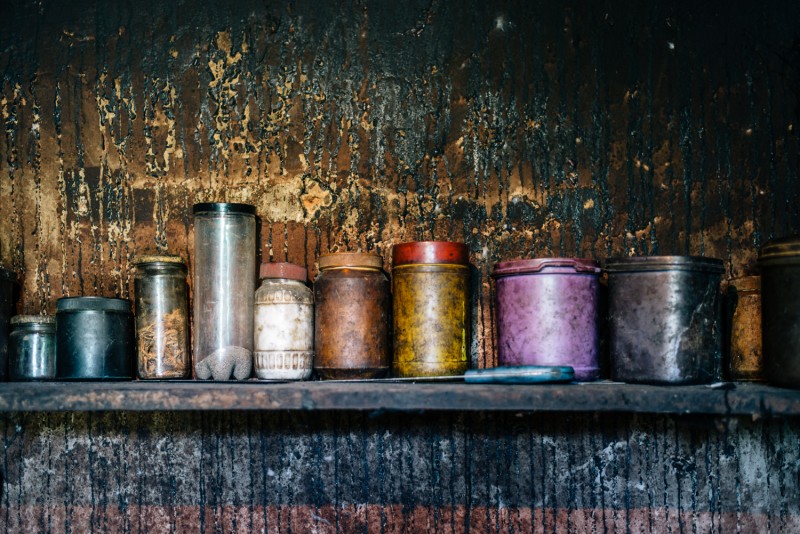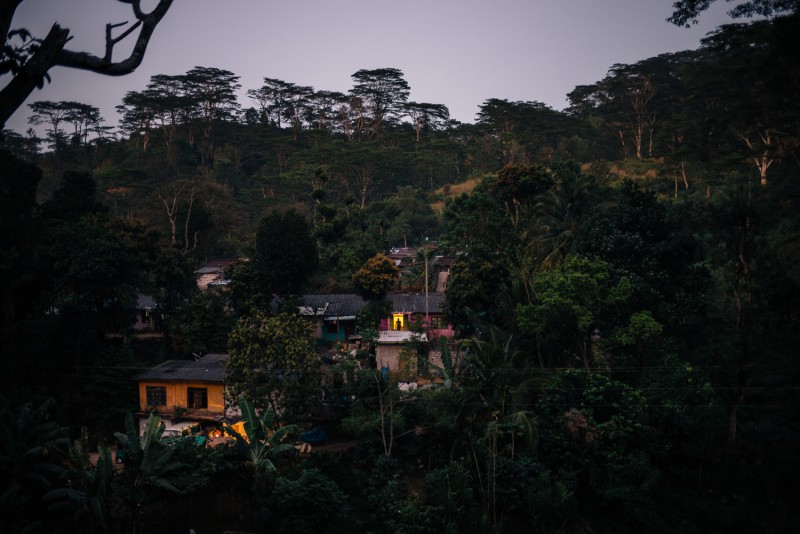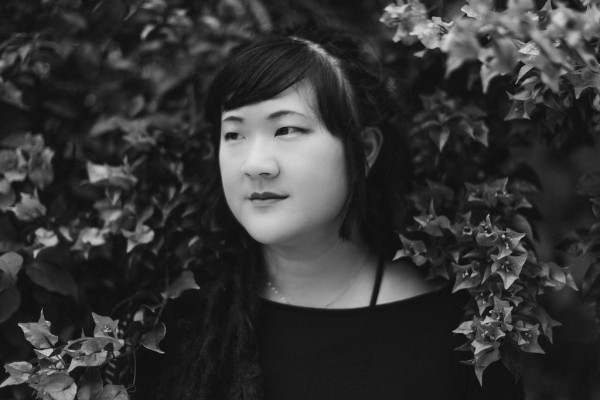Tea-picking in Sri Lanka
Tea-picking in Sri Lanka
Schmoo Theune
July 9, 2019
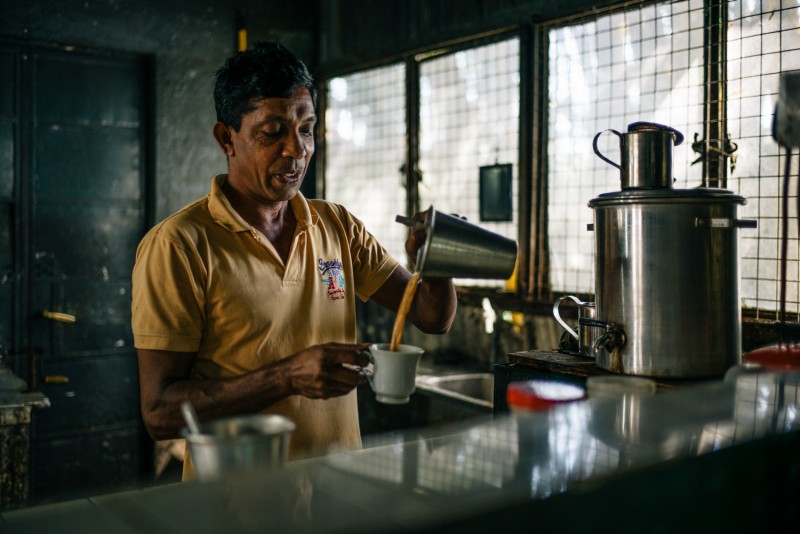
Schmoo Theune: I have been a life-long tea drinker, and I thought this would be a wonderful opportunity to go a little deeper into the area of the industry that most people outside of tea-growing areas know little about. The more I researched for this story, the more fascinated I became with the tea industry and the people behind it. I knew a little about the social division between the different ethnic groups on the island, but the idea that the tea industry was still operating largely the same way as it did in British colonial times intrigued me.
What role does the tea plant play in Sri Lanka?
A huge one. Recent statistics indicate that it is a billion-dollar industry that employs at least 5% of the country's population. It has colonial roots and dates back to the mid-1800s, and is still strongly engrained in the social culture of Sri Lankans today. Everyone drinks tea, whether or not they work in the industry. And, of course, the tea plant plays a big role in the tourism of the country. Nearly every part of the island has all kinds of tea plantation tours and tea rooms that are available for visitors.
How long were you there? How would you describe the connection you had with the people?
I was there for two weeks. It was a string of very long days, especially as even the nearest of the plantations was more than an hour away from Kandy, where I was based; so that meant getting up before dawn in order to reach the plantations before the workers went out to start their day. Once they are in the fields, they're usually not allowed to speak to outsiders or stop their work.
I was travelling with a local translator and, with her help, we spoke to countless people in and around the fields and the factory, and were able to get a behind-the-scenes perspective. We visited the official tea rooms, of course, but mostly we visited the villages where the workers sleep and raise their families.
Tea pluckers were fascinated by the idea that someone actually wanted to talk to them and hear about their life, and were so welcoming and curious about my world. There was a big language barrier however, even with my translator, as the tea pluckers are Indian Tamil and speak a different language to the majority of the people on the island.
What does everyday life for the people in the tea fields look like?
Life as a tea plucker is hard. Sri Lanka still operates under a very defined caste system, and tea plantation workers are near the bottom of the social system. Plucking tea is considered the lowest job on the plantation. The women work in the fields from sunrise to sunset with few breaks, always under the eye of a supervisor. When they come home at night they have their children and husbands to cook and care for, and the workers' houses do not have running water and electricity – or only for a few hours a day.
In the morning, they must wake up before dawn to cook for their families before heading out to the fields. Days off are virtually non-existent, as tea plucking does not earn much money, so many women will take on other jobs and work on neighbouring plantations, when there are no leaves ready to be gathered at their home plantation. As it is, tea leaves must be plucked every 1-2 weeks, so the availability of work changes dramatically on a day to day basis.
At the time I did this story in 2018, the tea pluckers reported that they earn 600 LKR (approximately €3) if they manage to gather 18 kgs of leaves a day. If they fail to meet this quota, they are paid only 300 LKR. This was the most moving part, because the top-quality tea that they pluck is sold at a very high cost outside of Sri Lanka. Indeed, the future of tea plucking is somewhat uncertain, because young women now are choosing to work in garment factories or to take domestic jobs abroad rather than work in the tea fields.
What impression did the people leave on you when you left the place?
This story and experience left an enormous impression on me for months after I left, and has changed the direction of my work. As a woman and first-generation child of Asian immigrants, I have often thought about the strict roles that society sets for us in Asia, and how I’ve seen that impact on my mother and grandmother. However, spending so much time with the pluckers and seeing for myself how they live and work was a completely different matter.
In addition to the gender and social dynamics, I was greatly affected by seeing the direct impact of deliberate isolation. The plantations continue to operate under the colonial model: plantation communities remain totally separate from each other. While my one visit may not directly impact the people that I met in Sri Lanka, it has pushed me to focus my documentary work closer to home, and to use visual language to start communicating on social issues.
Schmoo Theune+-
Born in the USA, educated in Baltimore, working in San Francisco, and now living in Berlin, Schmoo Theune is a photographer, writer, and visual artist whose stories have been featured in various locations including the BBC and the International Center of Photography. Her work includes documentary photography, essays, digital composites and mixed media, exploring themes today’s global environment of arbitrary borders, technology and economic shifts through documenting characters who reflect their own sense of self in this changing world. More

